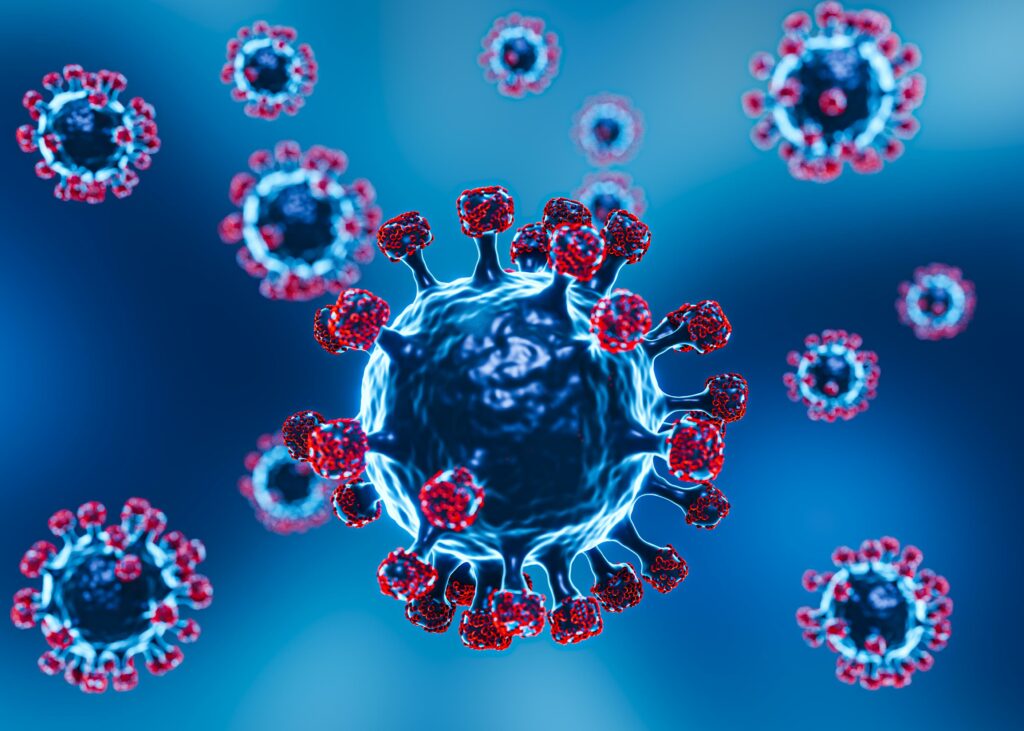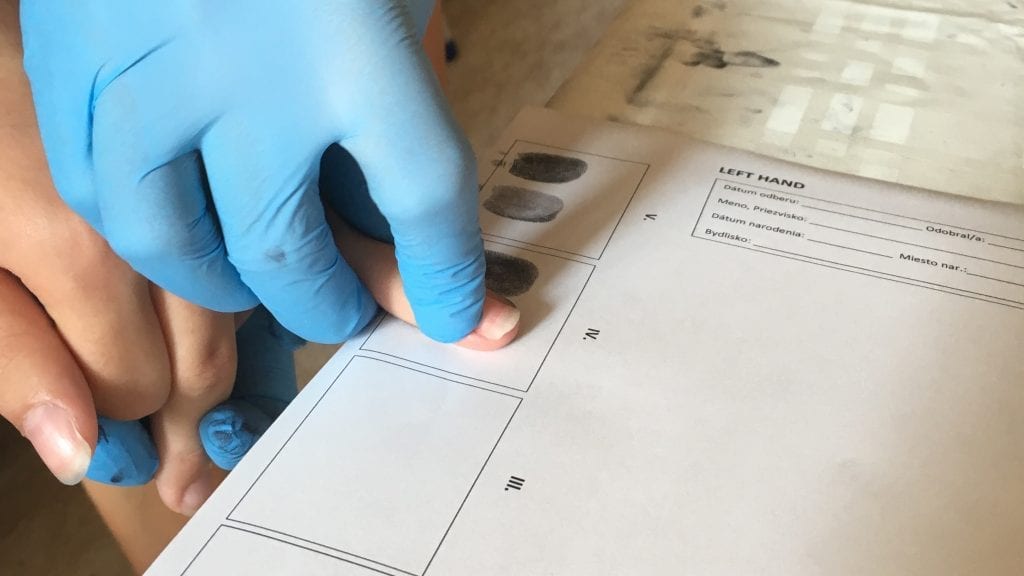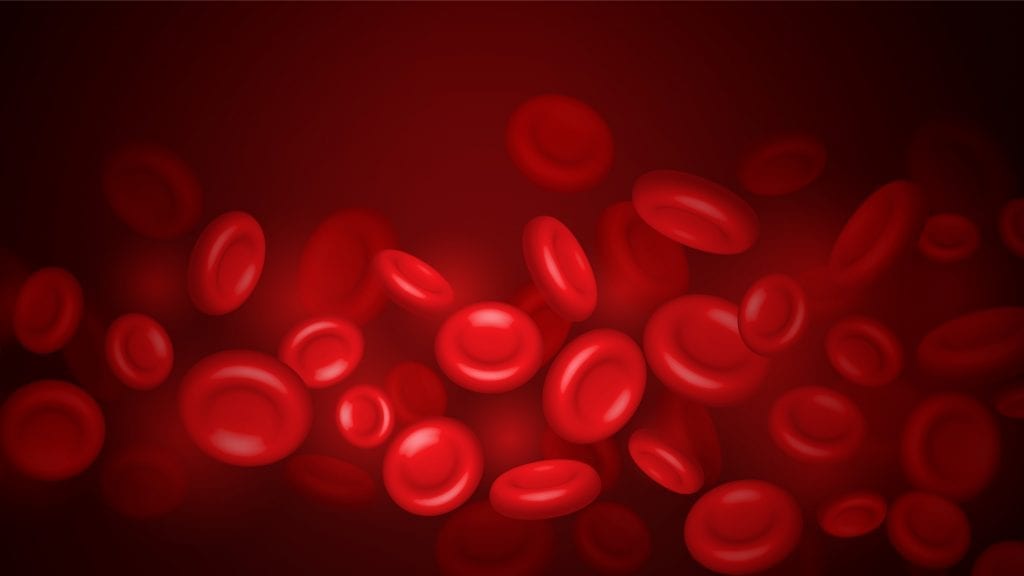The Academic Research Center for Autism (ARCA) is a part of the Medical Faculty of Comenius University and is the first academic research institute of this type in Slovakia.
Thanks to support from the grant schemes of the Ministry of Education of the Slovak Republic, a process began in Slovakia in 2011, which led to the use of diagnostic scales, which belong to the golden diagnostic standard of autism in the world (ADOS-2 and ADI-R).
Every year, around 100 children undergo diagnostics at the center, after the informed consent of the parents with the child’s participation in research projects.
The etiology of autism is still unclear and is the subject of intensive research. It is thought to be a multifactorial disease, with genetic and environmental factors involved in prenatal and perinatal life. At present, the pharmacotherapy of the basic symptomatology is not known, we do not know the relevant biomarker. In the search for etiological factors determining autism spectrum disorders (ASD), ARCA focuses on specific biochemical, hormonal and genetic markers and their interactions. We use blood plasma, saliva, urine, and faeces for the analysis of potential biomarkers, and in our methodological projects we optimize the methodology of collection and processing of biological material.

















